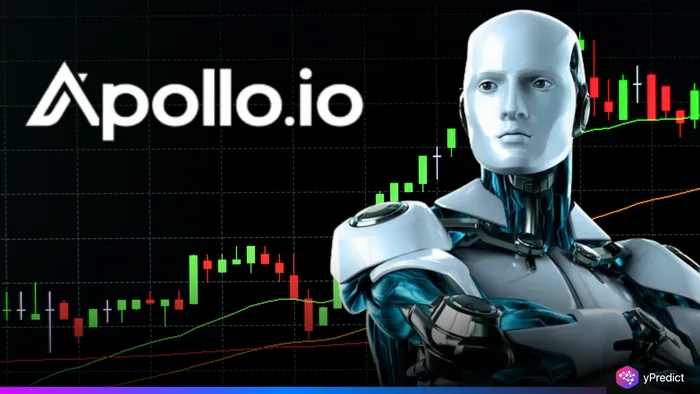
A growing number of Wall Street analysts are raising red flags about the soaring valuation of AI stock. Torsten Sløk, chief economist at Apollo Global Management, has drawn a direct line between today’s AI euphoria and the tech bubble of 1999. While AI promises long-term transformation, Sløk questions the sustainability of current market behavior.
Appearing on Yahoo Finance’s Opening Bid, Sløk emphasized that investor optimism has become excessive. He argued that many of the top AI stocks, like Nvidia and Meta, have reached price-to-earnings levels that now surpass those seen during the height of the dot-com bubble. His warning is not about AI’s potential but about the prices investors are willing to pay.
Valuations Have Surpassed Historic Highs
In a recent client note, Sløk pointed out that the P/E ratios of the ten largest companies in the S&P 500 have exceeded those seen in 1999. Many of these companies, Nvidia, Meta, and others, are central to the ongoing AI narrative. The data suggests that optimism has inflated valuations beyond realistic levels.
Sløk warns that nearly 40% of the S&P 500’s value comes from just these ten firms. While investors believe they’re buying into a diversified index, the reality is different. Most of the performance hinges on continued AI momentum. If growth expectations falter, the risk of a sharp pullback increases dramatically.
Investor Concentration Creates Hidden Risks
Sløk isn’t the only one sounding the alarm. Analysts at BTIG also flagged signs of overheating in the AI sector this week. They focused on the BUZZ NextGen AI Sentiment Index, which tracks retail interest in popular AI-related stocks. The index is up 45% in just 16 weeks and trades nearly 30% above its 200-day moving average.
BTIG analyst Jonathan Krinsky described the sentiment as “frothy.” He noted that stocks like Rocket Lab, Coinbase, and Unity Software are forming unsustainable vertical chart patterns. These technical signals often precede short-term reversals and shakeouts. Retail investors could face the harshest impact.
Retail Hype Is Driving the AI Stock Bubble
Although institutional investors are shifting to more defensive sectors, it is still surprisingly retail traders that are most exposed to speculative AI stocks. Krinsky said that this rally resembles 2020 and 2021, when hype propelled tech stocks higher than sustainable levels.
The recent surge of AI-related sentiment driven by retail shows a classic case of momentum trading. Since there are no fundamentals to anchor this rising trend, speculative stocks remain susceptible to violent reversals. Analysts recommend that investors think about utilities or Chinese tech because they have less speculative behavior and greater stability than in recent months.
AI Potential vs. Market Reality
Despite all the warnings, no one is disputing the future role of AI in reshaping industries. Sløk acknowledged that AI will indeed create significant value over time. But he cautioned that investors often confuse technological promise with financial viability.
The issue lies not in the technology, but in the investor psychology driving prices. The disconnect between actual earnings and stock prices shows that current optimism may be detached from reality. The AI stock bubble, if left unchecked, could damage investor confidence just as the dot-com crash did two decades ago.






